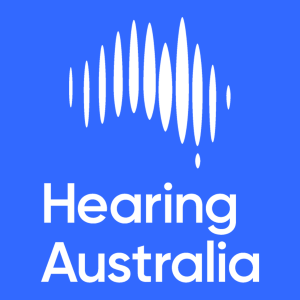
Tips for safe listening using headphones and earbuds
Share
https://www.hearing.com.au/Hearing-loss/Prevention/Tips-for-safe-listening-using-headphones-earbuds
Tips for safe listening using headphones and earbuds
Music is one of life’s great pleasures. Whether you’re young or old, music has the power to change your mood, drive your emotions, and in some cases, it can even make you move!
The popularity of music streaming apps and smartphones means that music is now more portable than ever and we can listen anytime, anywhere. Most people listen at safe levels – they keep the volume down and limit their listening time to less than a few hours a week. If that’s you, great! You’re looking after your hearing and you’re not maxing out your daily sound dose. But if you like listening to music on your headphones for long periods or at loud volumes, it’s good to know how this impacts on your daily sound dose and how you can make changes to reduce your risk of hearing damage.
Maybe you use loud music as a motivator when you’re exercising, or maybe you listen to create your own zone while you’re commuting or doing household chores. Often we don’t even realise we’re doing it, but we will often nudge up the volume – particularly when trying to hear our favourite tunes over the traffic or nearby conversation in a noisy gym.
Drowning out background noise leads to higher listening levels, which will increase your risk of long-term hearing damage, but there are some simple steps you can take to optimise your listening:
Choose headphones or earbuds that fit!
Headphones or earbuds? It’s a question we’re often asked. Lots of people think that listening to earbuds is more harmful than listening over headphones, but the reality is: the volume you listen at is influenced by lots of things – your preference for loud music, how well you hear, what tune you’re listening to, but most importantly, the background noise in your environment. When it comes to headphones or earbuds, it’s less about style and more about the sound isolation1 they provide when you’re wearing them – the more isolation, the better!
Our advice is to choose well-fitting headphones or earbuds that have a good seal to stop the background noise from reaching your ears. Some people opt for noise-cancelling headphones, which can also help to keep your volume low when you’re listening in noisy places. Both options allow you to take control of your listening volume!
The 80-90 Rule
If you’re after a rule of thumb to guide your listening or to set some boundaries for your kids, follow the 80-90 rule2. Listen at no more than 80% volume for no more than 90 minutes per day. But keep in mind, this adds up to around half of your daily sound dose, so if you’re exposed to other loud sound during your day, you might need to make other adjustments to stay within your daily sound dose.
Use your phone to help you listen safely
In 2019, the World Health Organization published safe listening standards and urged smartphone manufacturers to incorporate the standards into their devices. The 2019 update to Apple iOS included some of the WHO-ITU3 standards so you can now use the Health app on your iPhone to track your headphone audio levels. Historical data is stored so you can check your headphone audio levels during the past hour, week, month or year. Your daily average sound level and volume range are also available and the app keeps a record of all of your headphone listening sessions. You can even separate the data by headphone type so you can see how your listening habits differ when using different headphones.
Even if you don’t have an Apple phone, you can set an upper volume limit for your headphones by navigating to Settings to adjust the ‘Volume Limiter’ or try one of the hundreds of apps that are designed to help you set a limit on your device volume and/or listening time.

